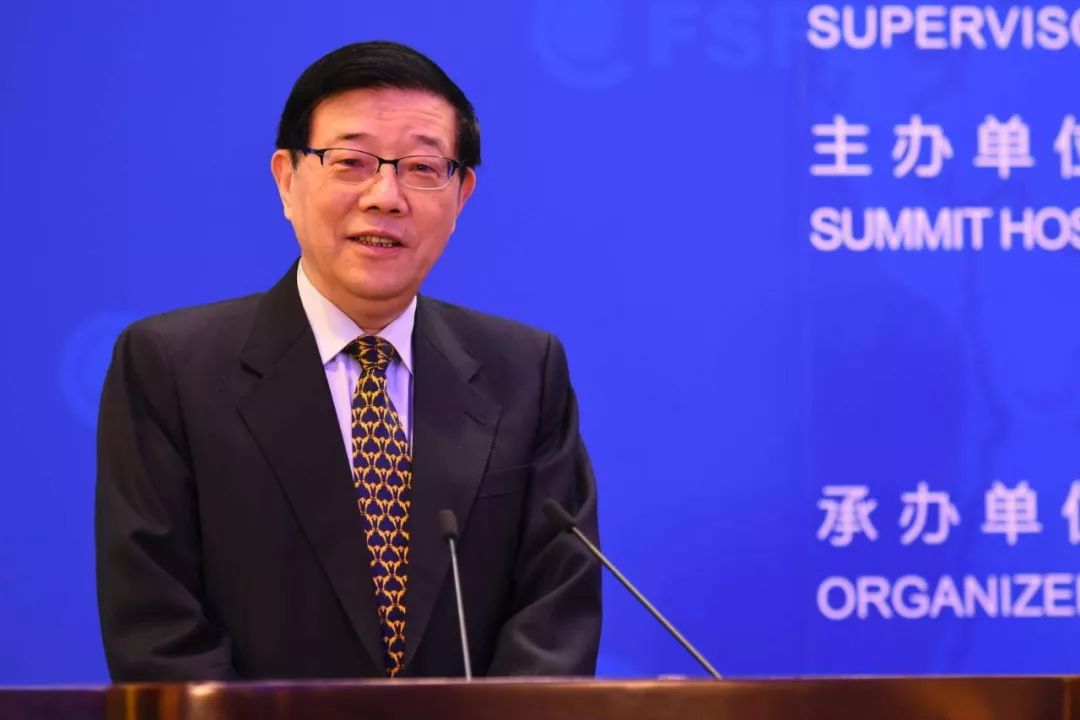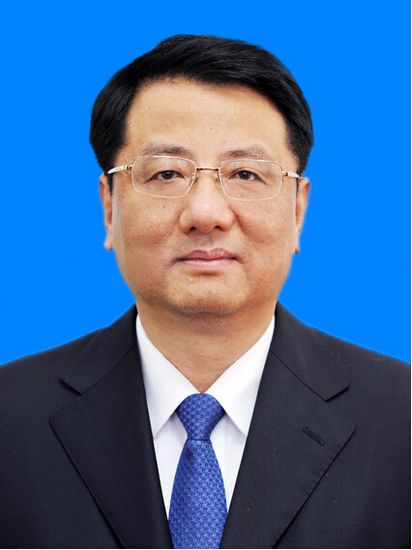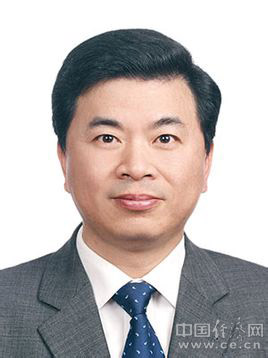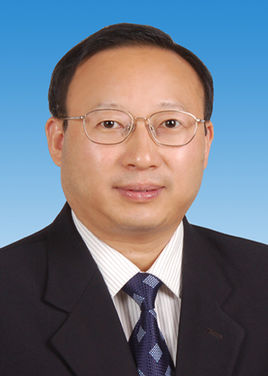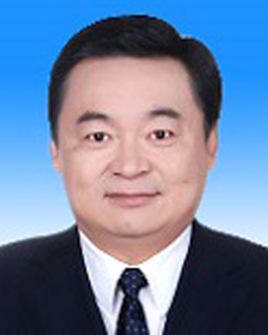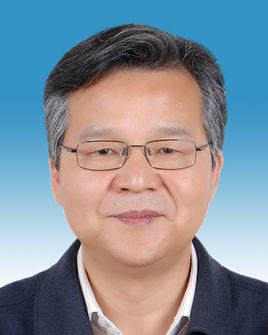
News: Former Chongqing Vice Mayor Li Dianxun (李殿勋) was appointed Hunan CCPSC member and Political and Legal Affairs Commission Chief today. Quick Take: Following Huang Guanchun (黄关春)’s appointment yesterday, Li Dianxun will now take up his seat as Hunan Political and Legal Affairs Commission Chief. Li’s entire political career is based in Chongqing since 1991, and has previously been serving in Chongqing Legislative Affairs Office for a long period of time. He was appointed Chongqing Vice Mayor in January 2018 during the city’s massive personnel restructuring, after the ouster of the “tiger” Sun Zhengcai and a number of related officials. Li’s appointment today is the 6thadjustments of provincial political and legal affairs commission posts since 2019.


